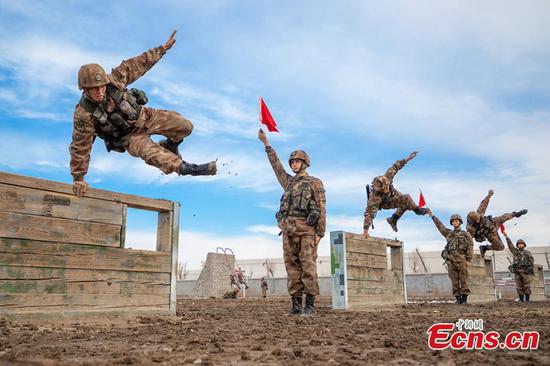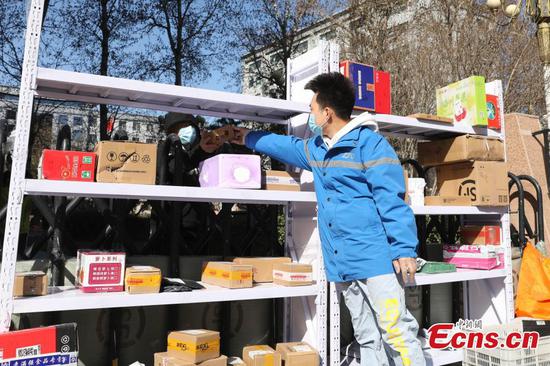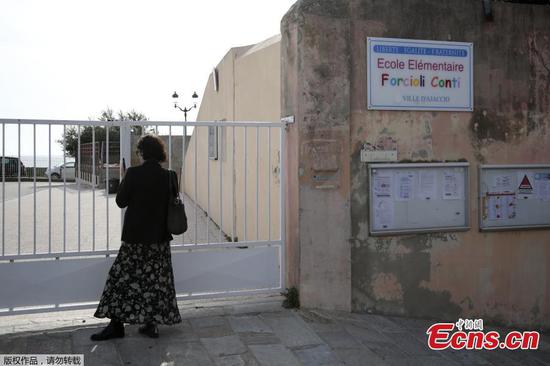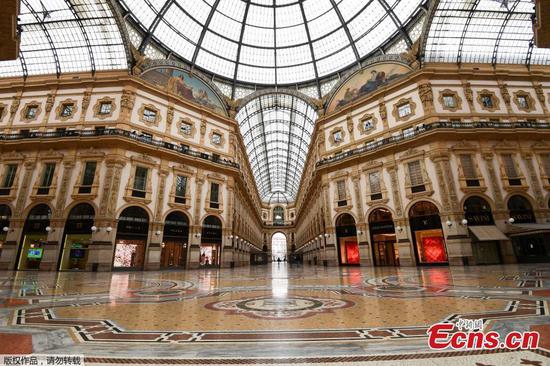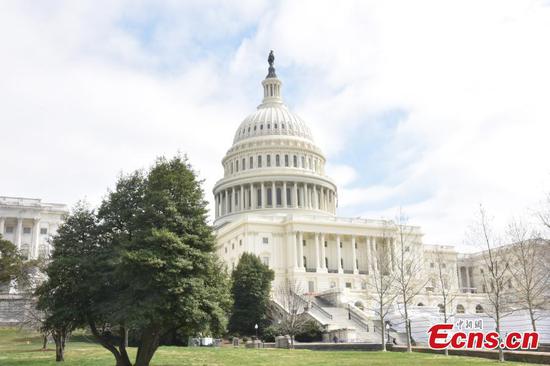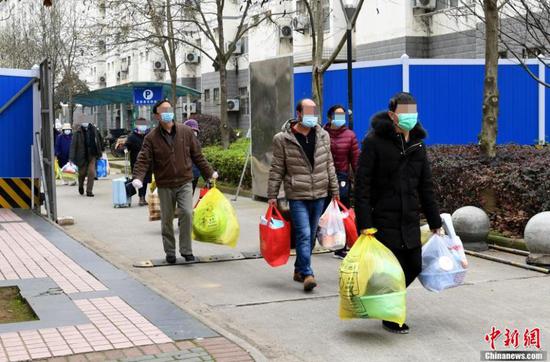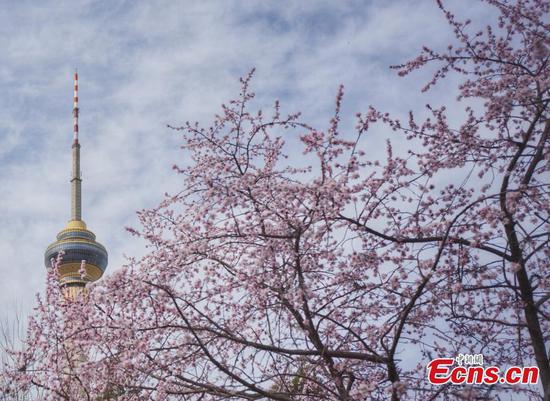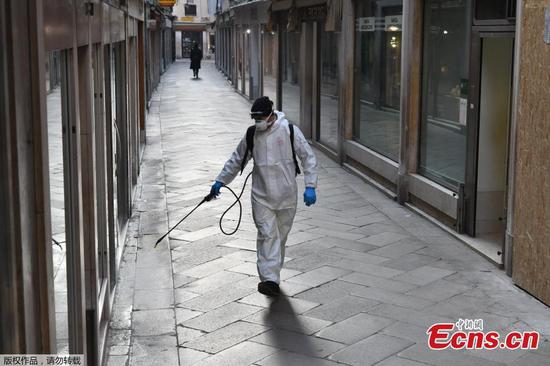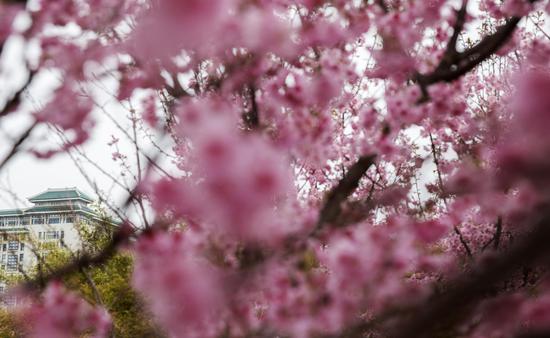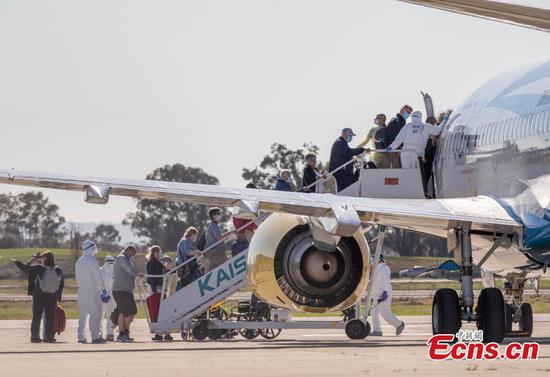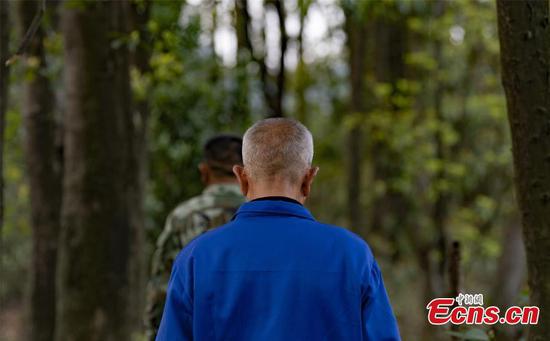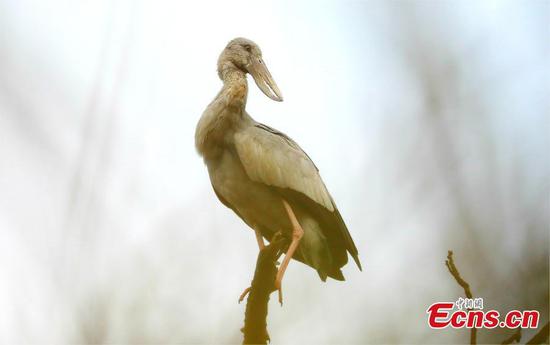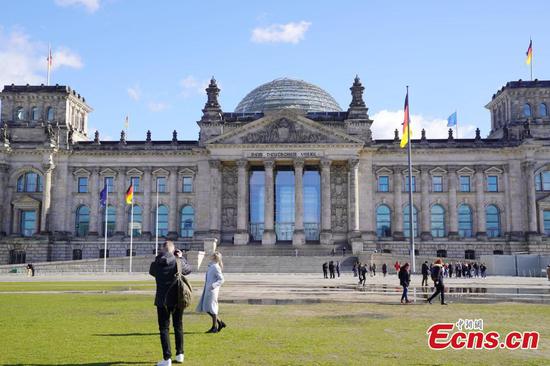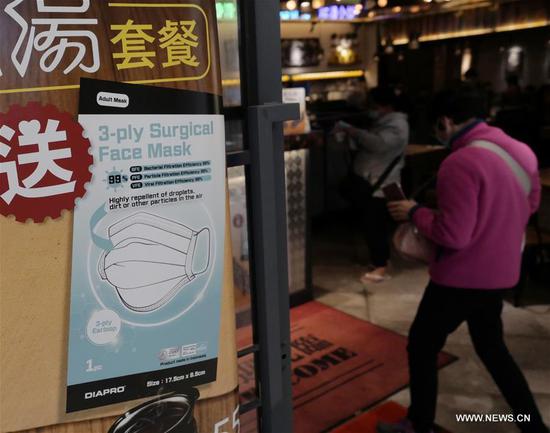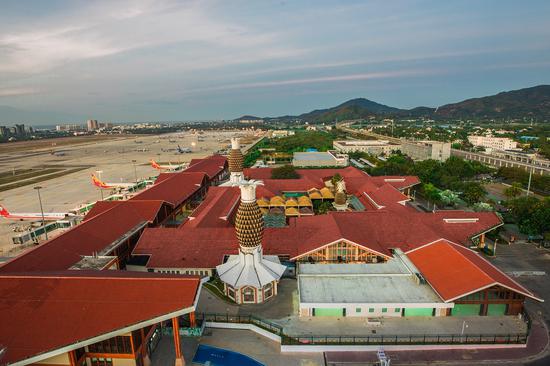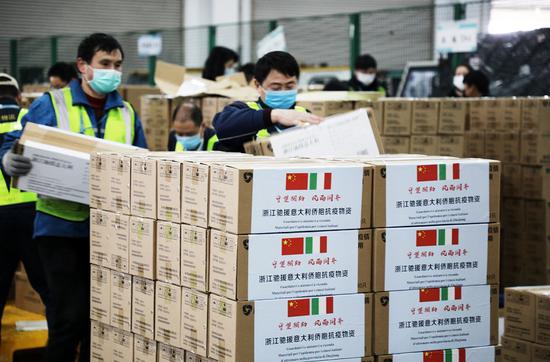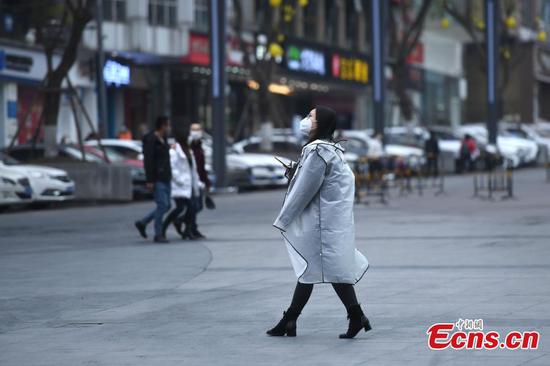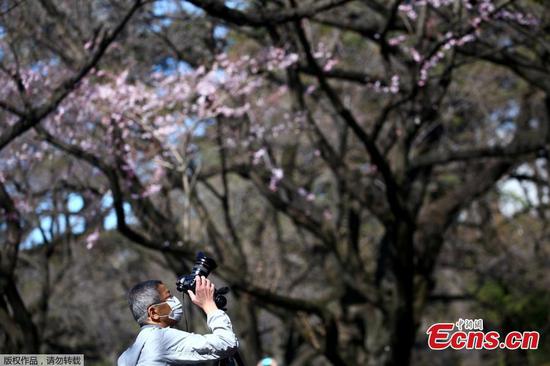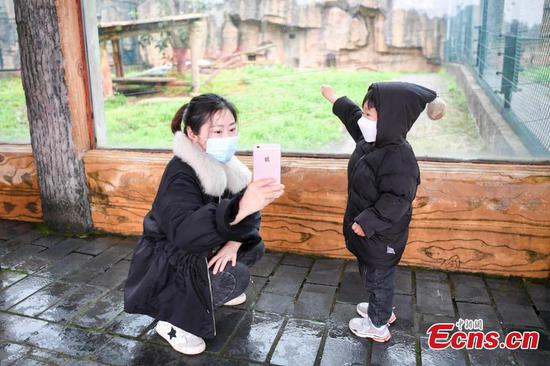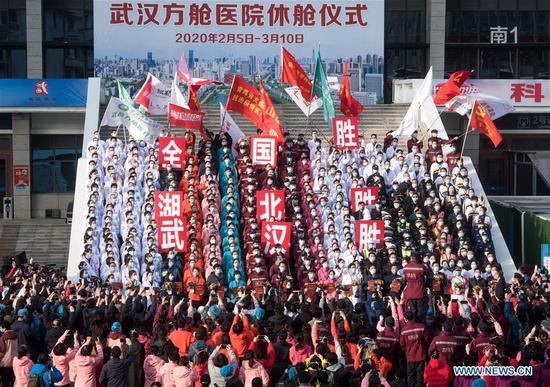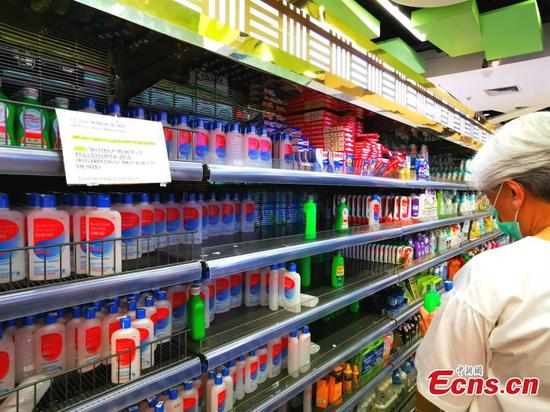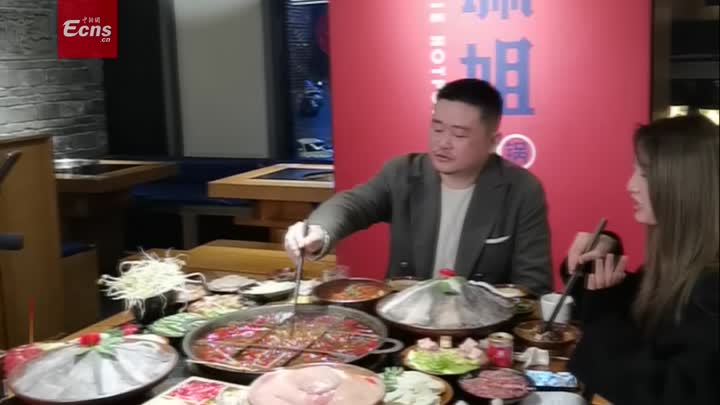
Workers check products on the assembly line at Naton Medical Group, a producer of masks in Beijing's Haidian district, on March 11, 2020. (Photo/Xinhua)
J. Stapleton Roy, a veteran diplomat in Washington, is fond of quoting from a classic work from the early days of the U.S. republic-The Federalist Papers.
"So, today I thought I would quote from James Madison in Federalist 63, where he said that,' independently of the merits of any particular plan or measure, it is desirable, on various accounts, that it should appear to other nations as the offspring of a wise and honorable policy'," Roy told a recent U.S.-China Policy Foundation panel discussion: "The Outlook on U.S.-China Relations".
Roy, who served as Washington's top envoy in Beijing from 1991 to 1995, said he found it hard to believe that the United States' approach toward the world's second-largest economy reflected "a fair and wise" policy.
He first offered insight into recent issues in Sino-U.S. relations, including "decoupling" of the two economies, the coronavirus outbreak and the signing of the phase one trade deal, which keeps in place high tariffs on about $360 billion worth of Chinese imports.
"Many believe that we are seeking to decouple our trade relationship with China, and we end up disrupting international supply chains," Roy said.
"It turns out that in order to deal with the coronavirus crisis that we think originated in China, China makes all the equipment you need in order to deal with it," Roy said.
"But at the moment, the supply chains are not working the way they're intended to work," he said.
As to the signing of the firstphase trade agreement with China nearly two months ago, the deal laid the groundwork for avoiding an even worse trade crisis with China during the remainder of this year, or at least through the U.S. presidential elections in November, he observed.
Ever since punitive duties began to be slapped on billions of dollars' worth of Chinese goods in early 2018, many U.S. companies as well as industry groups have called for the U.S. administration to roll back or remove the tariffs, which they said are in fact taxes on U.S. businesses and consumers.
On Jan 31, the Advanced Medical Technology Association sent a letter to the Office of the U.S. Trade Representative, urging it to lift tariffs on products "critical to helping to contain the coronavirus in the U.S. and in China". The association said that including medical technology products on the USTR tariff list is "troubling" from a public health perspective, The Washington Post reported.
But a remedy did arrive. Due to rising demand amid the fastspreading COVID-19 outbreak in the U.S., the USTR announced March 5 it would exempt import tariffs on at least 100 medical items imported from China, including medical gowns and protective masks.
The U.S. approach on tariffs after the phase one trade deal was also a factor that led Craig Allen, president of the U.S.-China Business Council, to believe it may not augur well for the upcoming talks.
"I think that phase one agreement was a good step forward," Allen told USCPF attendees."But I think given the election process and that the tariffs currently in place will probably remain in place for some time, the phase two can't come soon enough."











